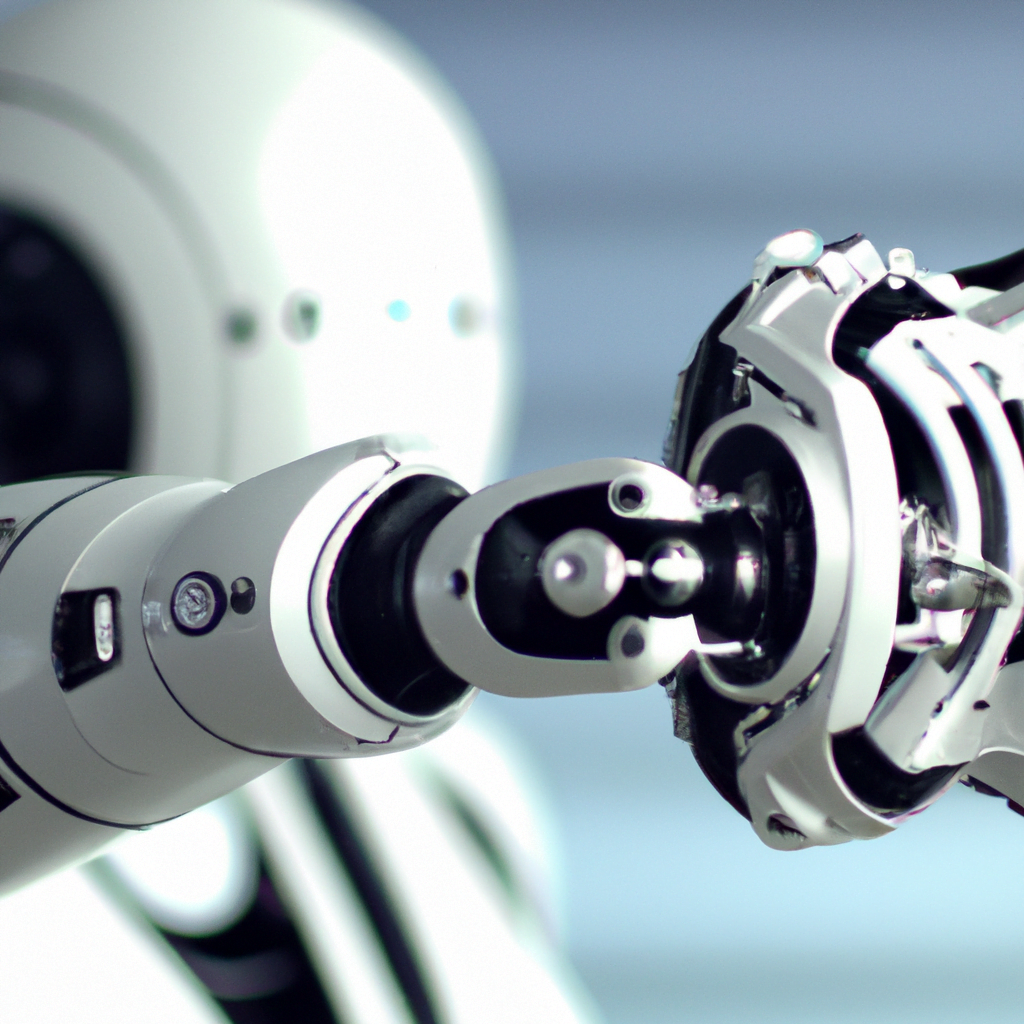The role of AI in educational leadership and decision-making
Artificial Intelligence (AI) is a technology that enables machines to learn from data and perform tasks that usually require human intelligence. AI is revolutionizing various fields, and education is not an exception. AI has several roles in educational leadership and decision-making that can improve the quality of education.

AI in Educational Leadership
Educational leadership involves managing educational institutions and making decisions that affect the quality of education. AI can assist educational leaders in making informed decisions by providing them with data-driven insights. For example, AI can analyze student data and identify areas where students need more help. Educational leaders can then use this information to develop targeted interventions that can improve student performance.
AI can also assist in managing educational resources, such as staffing and finances. AI algorithms can predict future student enrollment and help schools and universities adjust their staffing accordingly. AI can also analyze financial data and recommend cost-saving measures.
AI in Decision-making
AI can also assist educators in making decisions that affect individual students. For example, AI can provide personalized learning experiences for students. AI algorithms can analyze student data, such as their learning style, performance, and interests, and recommend personalized learning paths. This can help students learn at their own pace and improve their performance.
AI can also assist in grading and assessment. AI algorithms can grade multiple-choice questions and provide instant feedback to students. This can save teachers time and provide students with immediate feedback, which can help them improve their performance.
Ethical Concerns
While AI has several benefits in education, it also raises ethical concerns. For example, some people are concerned that AI can be biased and discriminate against certain groups of students. Additionally, some people are concerned that AI can replace teachers and eliminate the human element of education.
Conclusion
AI has several roles in educational leadership and decision-making that can improve the quality of education. AI can assist educational leaders in making informed decisions and provide personalized learning experiences for students. However, it is important to address ethical concerns associated with AI to ensure that it is used responsibly in education.




